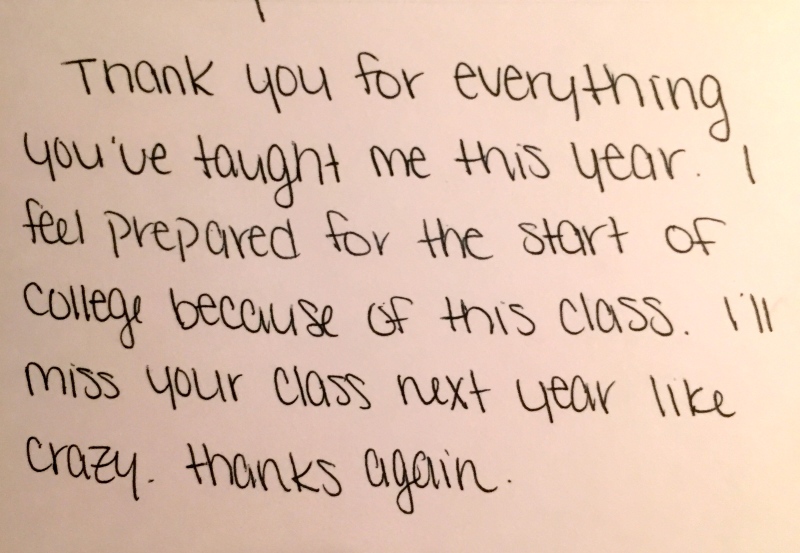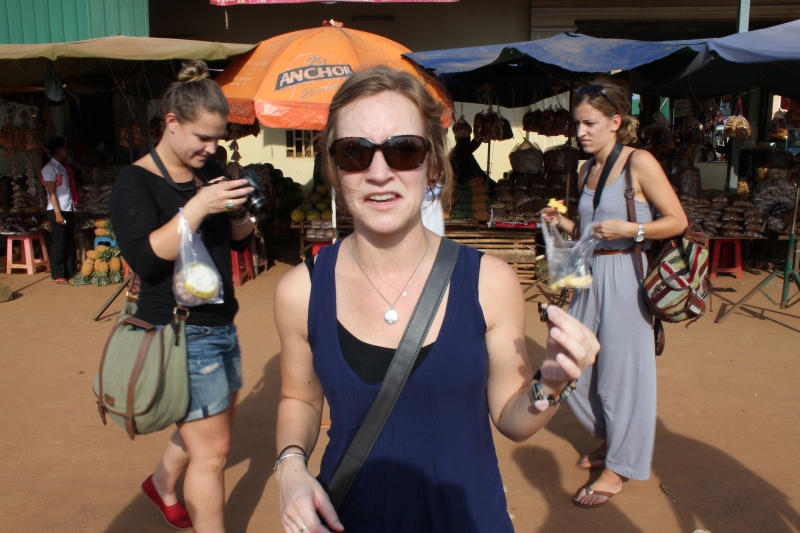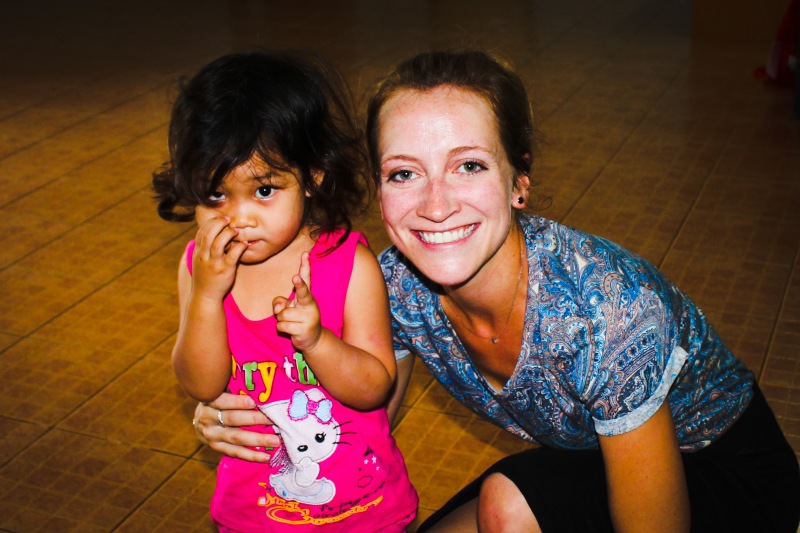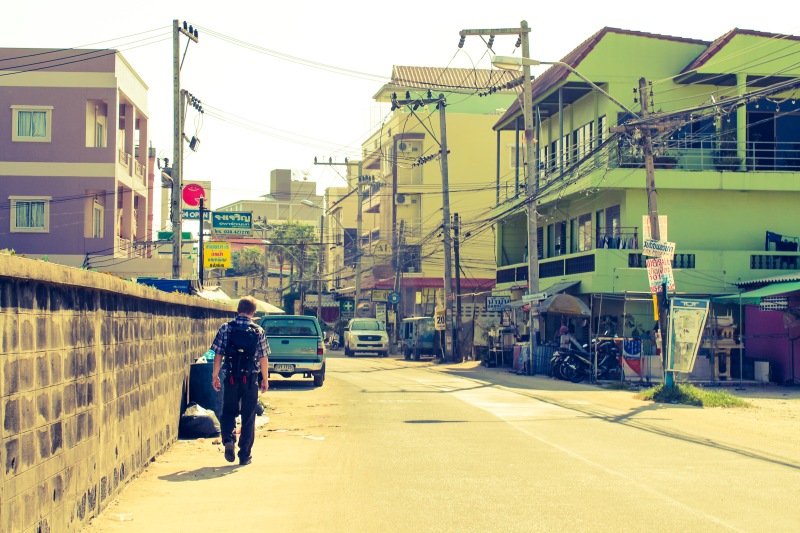I’ve written before about the crazy life we’ve built since getting married 14 months ago — and we certainly aren’t slowing down anytime soon with Baby #1 on the way. We found out a few weeks ago that it is a boy, which makes perfect sense in my family. I grew up with 5 brothers and numerous male cousins, and learning that the newest member of my family will be a boy too, well, came as no surprise to me.
Plus in our own little family, considering our dogs Lucy and Scout are both girls, now my husband will be slightly less outnumbered.

So here we are, waiting for Baby with another four months to go. These are exciting times in our little home on our farmstead — but they are nervewracking too. Worries overwhelm me sometimes: Will I be a good mother? Will I even know how to be a mother? Will our home be a good place to raise a baby? Where is all this baby stuff even going to fit? Our little house already seems packed to the brim! Will I ever sleep again? Everyone tells me no, I will not. And I REALLY like to sleep.
Teaching while pregnant adds a whole new level of interesting. My feet and my back have never hurt so badly — and I’ve got four months to go yet. At least the emotional turmoil of the first trimester has stabilized; it was pretty rough and I think my students knew something was weird. Sometimes though, even still, I get home and I’m so exhausted from dealing with other humans all day that all I want to do is curl up and stare at the wall. My poor husband, who spends much of the day working in solitude, just wants to have a conversation with someone. He’s very patient, thank goodness!
Then, of course, there is the fact that high school students have no filters:
“Mrs. M, you are HUGE already. You’re only half done?!” (I don’t think some of these kids have ever seen a pregnant woman.)
“Mrs. M, you look like you’re going to pop! Is your baby due soon?” (Um… no. It’s going to get a lot worse, kid.)
“Mrs. M, can you feel your baby kick? Will you let me feel next time he kicks?” (Um… double no. I like my personal space!)
“Mrs. M, can I babysit your kid?” (Well, if you didn’t lose every assignment I give you, I might be less worried about you losing my kid.)
“Mrs. M, you better name your baby after me.” “No, me!” “No, me! I’m your favorite!” “How about Hank?” “At least give him a middle name after me!”
“Mrs. M, you are so cute when you are fat!”
Sigh. And, once again, I’ve got four months to go….
But all of this is okay, because so far Baby is healthy, and deep down I do know that this, our farm, will be a great place to raise him. I can’t wait to buy him a pony when he gets a little older and teach him about country life and working hard and that nothing is owed to anyone for free. I can’t wait to give him some of the life I had growing up, full of family and love and siblings and pets and adventures.


My husband can’t wait to teach him about music, hunting, and carpentry, and all that other guy stuff. My dad can’t wait to take him out on the tractor. My mom can’t wait to retire from her job and spend more time visiting her grandkids, including this one. The baby’s aunties and uncles and cousins will welcome him with open arms, and my grandma is busy these days making a blue baby quilt, like the pink one I still have today.
And you know, despite all the worries and backaches that come along with waiting for Baby, I think we’ll do alright.


















![1393580_10100144385123199_1141431782_n[1]](https://boomtowndiaries.files.wordpress.com/2013/11/1393580_10100144385123199_1141431782_n1.jpg?w=800&h=599)













